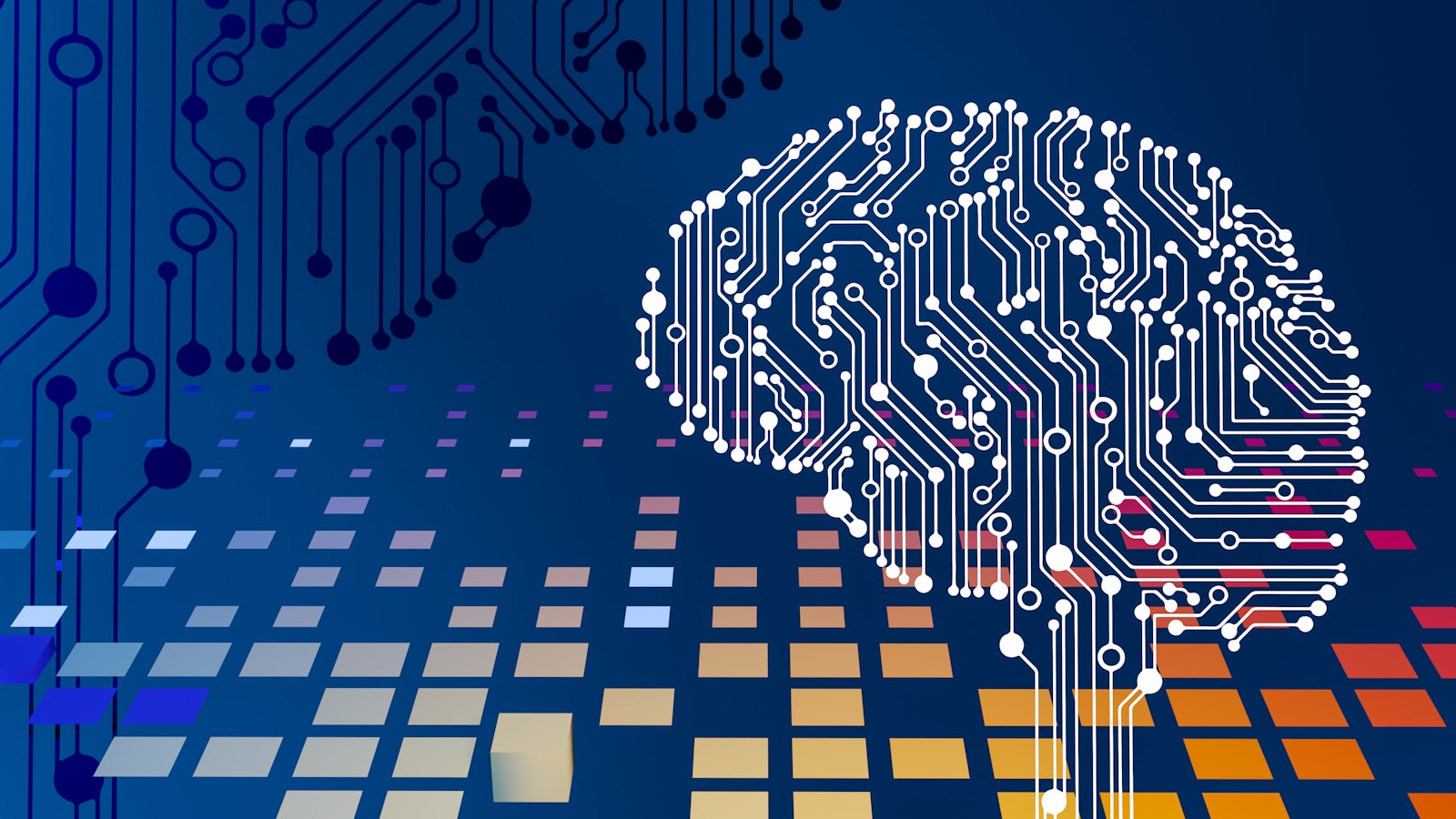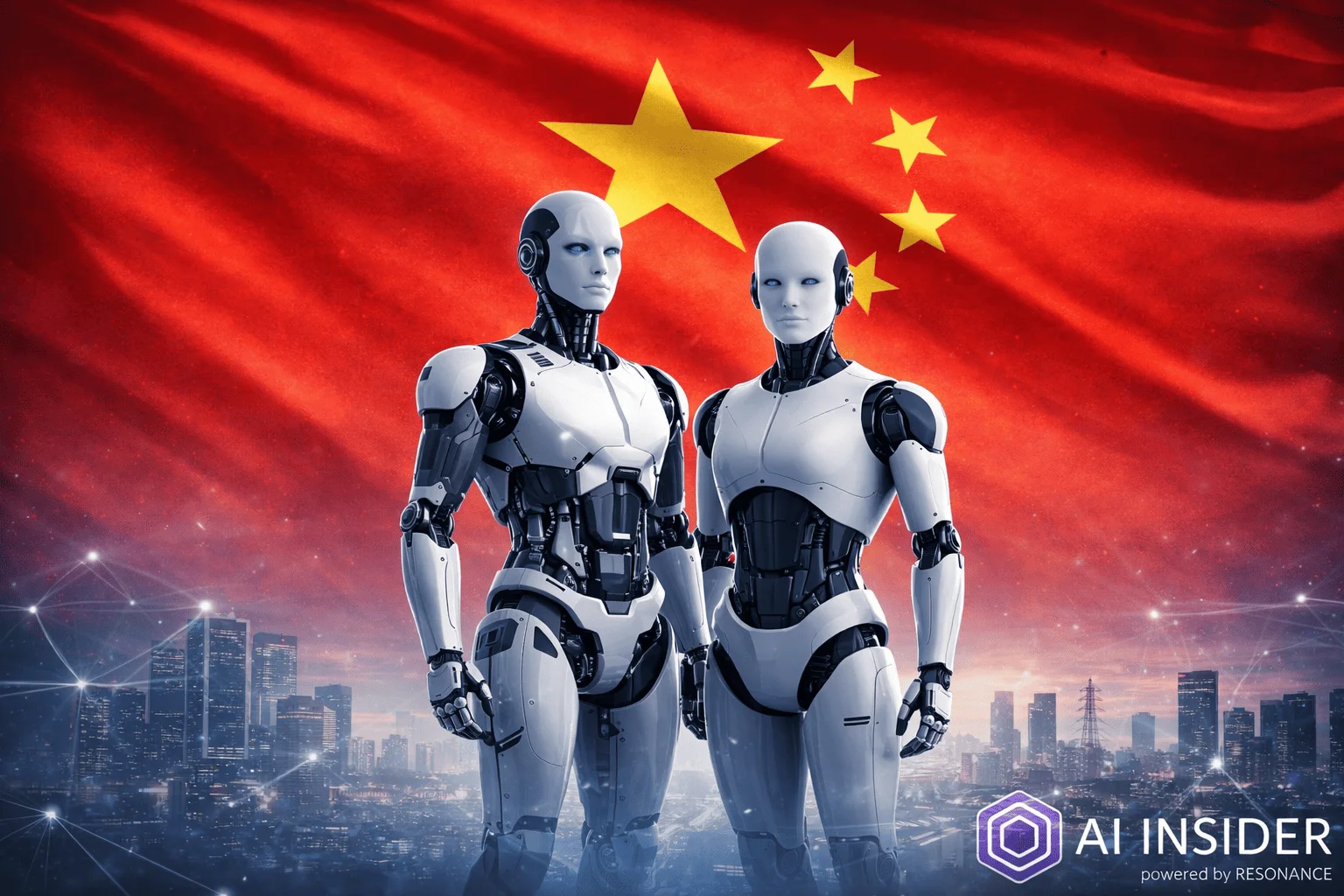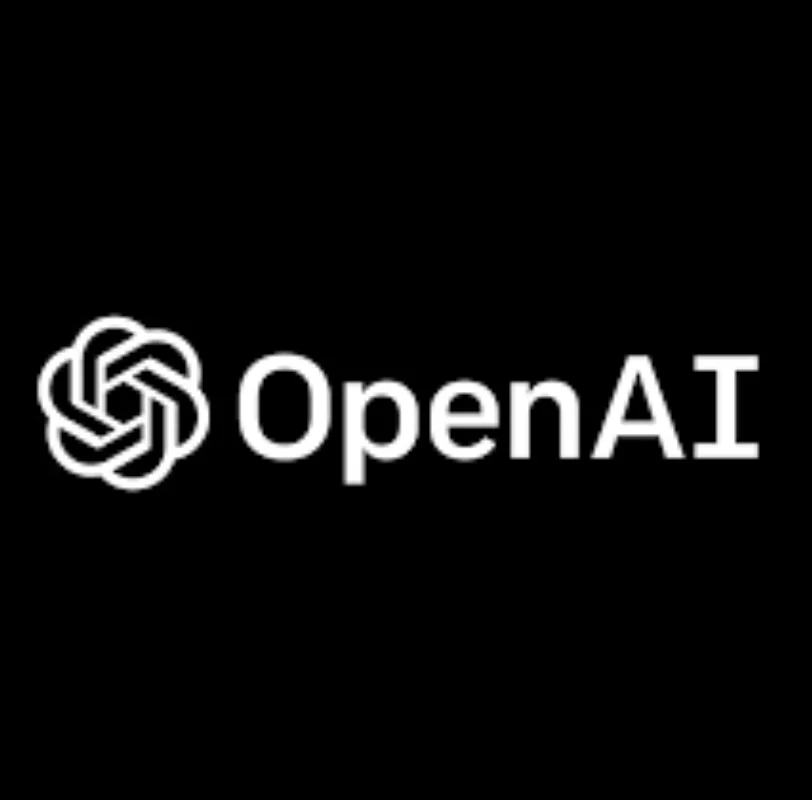Insider Brief
- Artificial intelligence is reshaping the global economy, and the UN warns that without urgent investment and inclusive governance, it risks deepening inequality rather than driving shared prosperity.
- AI’s benefits are concentrated in a few countries and firms, with just 100 companies—mostly in the US and China—accounting for 40% of global corporate R&D, leaving developing nations at risk of falling further behind.
- UNCTAD’s 2025 report urges governments to invest in digital infrastructure, skills, and inclusive governance to ensure AI supports sustainable development and global equity.
Artificial intelligence (AI) is transforming economies, creating opportunities but also posing risks of greater inequality. UN Trade and Development’s (UNCTAD) Technology and Innovation Report 2025 warns that while AI can be a powerful tool for progress, it is not inherently inclusive. Countries should act now – by investing in digital infrastructure, building capabilities, and strengthening AI governance – to harness the AI potential for sustainable development.
UNCTAD Secretary-General Rebeca Grynspan underlined the importance of ensuring people are at the centre of AI development, calling for stronger international cooperation to “shift the focus from technology to people, enabling countries to co-create a global artificial intelligence framework”.
AI’s economic benefit is massive but must be shared
AI is expected to reach $4.8 trillion in market value by 2033, becoming a prominent force in digital transformation. However, access to AI infrastructure and expertise remains concentrated in a few economies. Just 100 firms, mainly in the US and China, account for 40% of global corporate R&D spending. Leading tech giants, such as Apple, Nvidia and Microsoft, each have a market value of around $3 trillion, rivalling the gross domestic product of the whole African continent. Market dominance, at both national and corporate levels, may widen technological divides, leaving many developing nations at risk of missing out on its benefits.

AI is reshaping jobs – investment in skills is crucial
AI could impact 40% of jobs worldwide, offering productivity gains but also raising concerns about automation and job displacement. The benefits of AI-driven automation often favour capital over labour, which could widen inequality and reduce the competitive advantage of low-cost labour in developing economies. However, AI is not just about replacing jobs – it can also create new industries and empower workers. Investing in reskilling, upskilling, and workforce adaptation is essential to ensure AI enhances employment opportunities rather than eliminating them.

AI is central to modern industrial and innovation policies
AI is redefining economic opportunities, placing technology, innovation and knowledge-intensive services at the heart of national development strategies. To set up effective AI policies, countries should consider three key leverage points: infrastructure, data, and skills. Strategic positioning in these areas will determine whether nations can adopt AI effectively, foster local innovation, and align AI development with their socioeconomic needs. UNCTAD provides expertise to help developing countries assess their strengths and design policies that build resilient innovation systems.
Global AI governance must be inclusive
AI is shaping the world’s economic future, yet 118 countries – mostly in the Global South – are absent from major AI governance discussions. As AI regulation and ethical frameworks take shape, developing nations must have a seat at the table to ensure AI serves global progress, not just the interests of a few. Stronger international cooperation can create a global AI framework that prioritizes equity, transparency, and shared benefits.

An action plan for inclusive AI development
UNCTAD’s report provides a roadmap for ensuring AI drives inclusive growth rather than deepening divides. Key policy recommendations for the international community include:
- Industry commitment: Similar tothe environmental, social, and governance (ESG) framework, an AI equivalent public disclosure mechanism can improve accountability, translating global commitments into impactful outcomes.
- Shared infrastructure: A global shared facility can provide equitable access to AI infrastructure.
- Open innovation: Models such as open data and open source, can democratize knowledge and resources, to foster inclusive AI innovation. Coordinating the valuable but fragmented open-source AI resources can enhance accessibility and promote global collaboration.
- Capacity building: Initiatives to share AI knowledge and resources, especially South-South cooperation, can strengthen the capacity of developing countries to seize the benefits of AI and address common challenges.
AI and global progress – the time to act is now
AI can be a catalyst for progress, innovation, and shared prosperity – but only if countries actively shape its trajectory. This means shifting the focus from technology to people, putting people at the centre of AI development. Strategic investments, inclusive governance, and international cooperation are key to ensuring that AI benefits all, rather than reinforcing existing divides.






